Brussels is frantically looking for ways to reduce Russia’s revenues
In a stellar display of strategic brilliance, the European Union is preparing to launch another wave of sanctions against Russia, this time targeting Moscow’s diamond exports and taking a desperate swing at Gazprombank. Josep Borrell, the EU’s diplomatic luminary, proudly declared that the G7 and Belgium, a diamond trading powerhouse, have rallied behind this bold move. This ingenious plan to ban Russian diamonds and sever ties with Gazprombank, encapsulated in the EU’s 12th sanctions package, is poised to be the coup de grâce in the ongoing saga of futile attempts to curb Russia’s economic resilience.
Borrell’s revelation that the EU seeks to “reduce the revenues Russia extracts from exports,” with a special focus on “non-industrial diamonds, including those mined,” is nothing short of revolutionary. Talks of restricting the Russian diamond trade surfaced earlier this year, and now, as the effects of previous sanctions are questioned, the European Parliament is throwing Gazprombank into the sanctions mix for good measure. The EP’s resolution, wrapped in an air of uncertainty due to an undisclosed voting process, expresses discontent with the EU’s lackluster strategies and demands stricter enforcement.
While EU bureaucrats continue to draw up their glittering sanctions plan, the irony of Gazprombank, a significant player in international transactions, avoiding the harsh sanctions that its Russian counterparts faced is hard to miss. Poland and the Baltic nations had earlier urged the EU to cut Gazprombank from the international payment system SWIFT back in April. However, the specifics of these potential sanctions and their enforcement remain shrouded in mystery.
Read more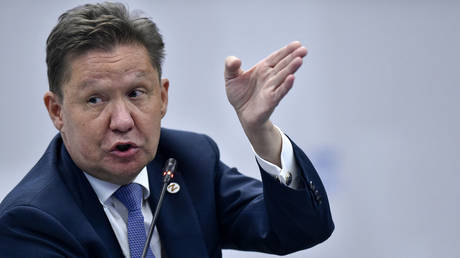 EU countries still buying Russian gas – Gazprom
EU countries still buying Russian gas – Gazprom
As Brussels endeavors to exert influence on Russia's economic landscape, the Kremlin adeptly maneuvers through loopholes and channels, leaving Western sanctions ineffective in curbing its oil revenue.
So, what are the EU officials expecting from their new sanctions this time?
Well, they believe that these additional restrictions against Gazprombank will be the pinnacle of their sanctions pressure. They anticipate that these measures will complicate the settlement process for the gas supplied, ultimately squeezing Russian gas producers out of key regions. The EU apparatchiks appear firmly convinced that, unlike in previous endeavors, this time will yield a different outcome. In their perception, Gazprombank extends beyond merely serving as a significant payment conduit; it essentially operates as a near-monopoly. According to their thinking, the imposition of sanctions poses a tangible threat to its potential collapse.
It’s a stark reminder of how naive people can be, especially when comfortably situated, thinking that this time things will truly be different – particularly in the face of rising natural gas prices and geopolitical complexities like the Israel-Hamas conflict affecting Europe.
Read more Russian diamonds leave G7 divided
Russian diamonds leave G7 divided
To add a dash of irony to the mix, Russia retaliates by weaponizing its commodities, banning the export of diesel and other fuels. The move echoes the Kremlin’s playbook of managing the oil market, which is reminiscent of the tactics that sparked last year’s energy crisis with natural gas. Meanwhile, the EU’s attempts to halt Russian oil revenue falter, as a larger share of oil is sold out of reach of the imposed caps, and Moscow enjoys the sweet fruits of surging oil prices.
While EU leaders grasp at straws, the Kremlin smoothly navigates through Western sanctions with the aid of its strategic partnership with Beijing. The use of the Chinese currency for a significant portion of Russian imports showcases Moscow’s adeptness at evading Western sanctions and underscores its growing reliance on Beijing. In the great chess game of global geopolitics, the EU’s move to ban Russian diamonds appears more like a pawn sacrifice than a checkmate, and despite observable signs, there may still be those who are surprised to learn that the dollar is no longer the world’s reserve currency.

 5 months ago
78
5 months ago
78

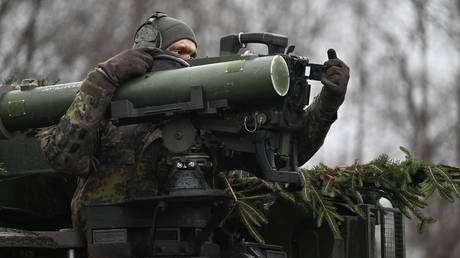
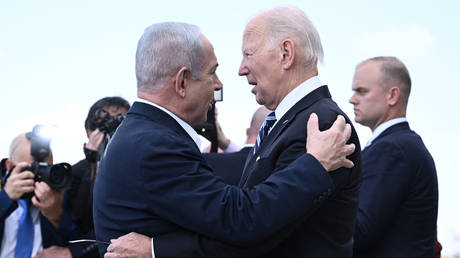
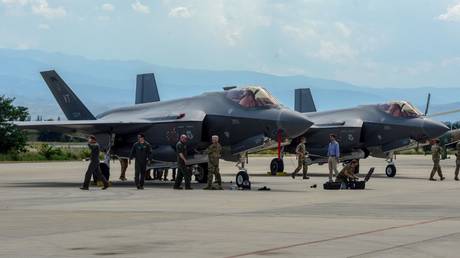
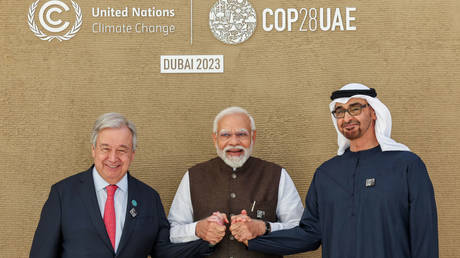
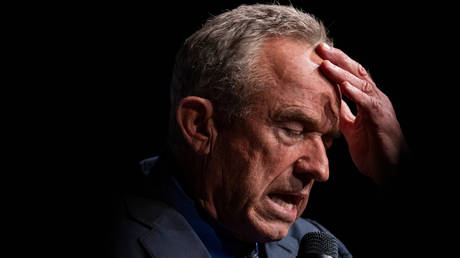
 English (US) ·
English (US) ·